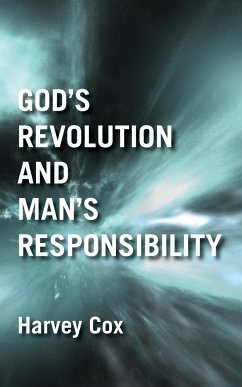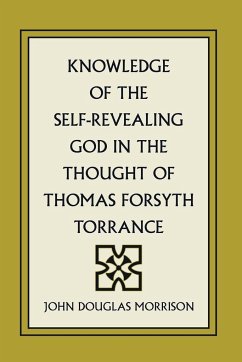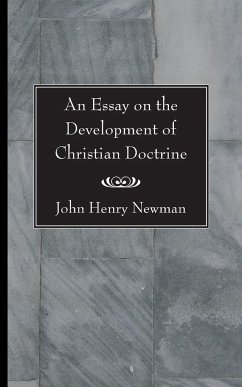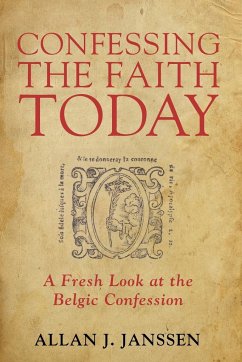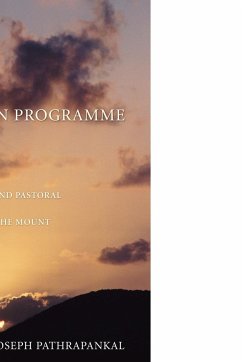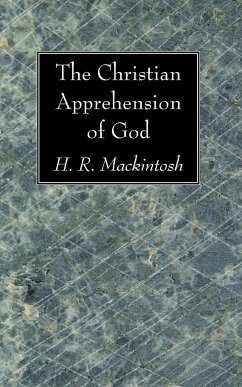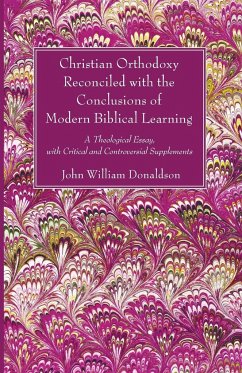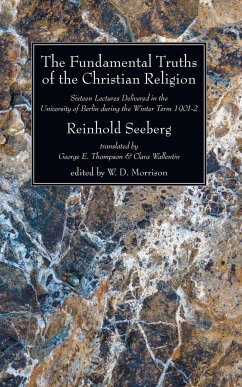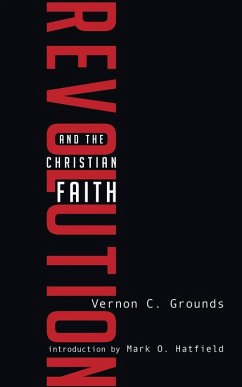
Revolution and the Christian Faith

PAYBACK Punkte
13 °P sammeln!
In this stirring book, Grounds has ably sketched the background against which the theology of revolution has emerged. Grounds puts it this way: I have sought to let the critics of the Establishment, Christian and secular alike, present in their own words the case for revolutionary change. I have also sought to let the revolutionary theologians set forth their interpretation of Christianity in detail. Quite literally, I have allowed them to speak for themselves. I have sought, further, to let Christian scholars who dissent from this new theology engage its proponents in debate. Very heavily I h...
In this stirring book, Grounds has ably sketched the background against which the theology of revolution has emerged. Grounds puts it this way: I have sought to let the critics of the Establishment, Christian and secular alike, present in their own words the case for revolutionary change. I have also sought to let the revolutionary theologians set forth their interpretation of Christianity in detail. Quite literally, I have allowed them to speak for themselves. I have sought, further, to let Christian scholars who dissent from this new theology engage its proponents in debate. Very heavily I have drawn upon the work of Jacques Ellul, the towering French sociologist who is rapidly gaining in the United States the attention and respect which his rare fusion of professional distinction, intellectual power, and biblical commitment deserves. I shall feel amply regarded if through these pages he wins a wider readership among American evangelicals. An additional purpose has been to confront my own ecclesiastical tradition, that of Protestant orthodoxy, with the inexpressibly pressing need of permitting the anguish of our world to drive theological conservatism back to a New Testament discipleship which is nothing less than revolutionary. The Christian in particular must not remain insulated from the pace of revolutionary change that confronts us. Moreover, he need not be threatened by the appearance of instability in our social institutions. Somehow, many Christians have assumed that faith places them in a mandatory alliance with the political status quo. But this is not the message of the Bible. We are instructed never to place our security in the world's existing political and social institutions. . . . It is Christ Himself--He who has overcome the world--who provides the one and only basis for our security and hope in the future. -- from the Introduction by Mark O. Hatfield, former U.S. Senator Vernon C. Grounds (1928-2010), was Chancellor of Denver Seminary, a noted evangelical scholar, author, and educator. After graduating with the bachelor of arts degree from Rutgers University, Grounds received his divinity degree from Faith Theological Seminary, and his doctorate in philosophy from Drew University.




